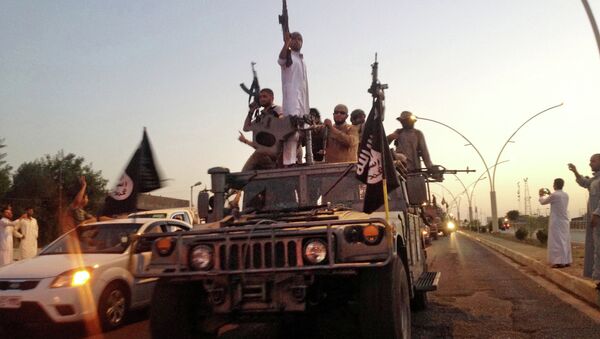"This aid is intended for the purchase of Japanese medical equipment with the aim of easing the increased burden on the government of Jordan," Japan's Foreign Minister Fumio Kishida said at a press conference on Tuesday.
In January, ISIL militants beheaded two Japanese nationals, entrepreneur Haruna Yukawa and freelance journalist Kenji Goto, in retaliation for Abe's $200 million pledge in humanitarian aid for ISIL-affected countries, viewed as an act of war by the extremist group.
The executions came as a shock to Japan, which does not participate in military operations against ISIL, also known as the Islamic State of Iraq and Syria (ISIS) and the Islamic State of Iraq and the Levant (ISIL).
A poll conducted by Kyodo News in February revealed that more than half of Japanese citizens believe that despite the January executions, Abe should follow through with his humanitarian pledge, particularly intended to help alleviate the Syrian refugee crisis.
ISIL has been fighting the Syrian government since 2012 and has declared an Islamic caliphate on the territories under its control in Iraq and Syria, forcing thousands of people, mostly religious minorities, to flee. A US-led international coalition has been carrying out airstrikes against the extremists since September.



